
2022 - 2023 Report


2022 - 2023 Report
The Marxism Lab is an experiment. It began, like all experiments, with a series of questions: What would happen if there was an open call to form a network for collaborative research on Marxist theory and practice? Who would respond and what projects would they pursue? Could we combat academia’s culture of isolation and misery, which is so pervasive and yet seldom challenged and sometimes even idealized? Could we shift the conversation to the Left both on campus and off campus, while recruiting new members to grow the network and multiply the projects that we pursue together? Could we develop an alternative to the depoliticized intellectual fads that take up so much time and so much space and so much energy, only to fizzle out and be replaced in a few years - if not months - with a new “turn” to an equally trendy school of thought, whose brand is yet another awkward neologism?
The lab’s activities are ongoing, so the aim of this report is not to definitively answer these questions but rather to share the preliminary results of our experiment. At Michigan, reading groups abound, there are more events than one could possibly attend, yet spaces for organized collective experimentation and production are sorely needed. If this assessment resonates with you and you would like to get involved, do contact us. The lab welcomes the participation of faculty, staff, undergraduates, graduate students, and community members. Thus far, graduate students represent the core of the group. Their work in the lab, like their recent efforts in labor organizing and action, teaches us that the university remains a site of struggle and that another world is possible. Onward!
Gavin Arnall
The Marxism Lab is a space for the collective production and circulation of research on the history and actuality of Marxist theory and practice.
Based on our shared interests, members of the lab form research clusters on specific topics within the Marxist tradition. Each cluster designs a collaborative project around the topic of its choice and works toward that project’s completion. Projects can range from multi-authored papers, edited volumes, and special issues to podcasts, video essays, art exhibits, translation initiatives, and curriculum development.
A set of core themes conceptually organizes the lab’s clusters and facilitates their cooperation. The lab also meets regularly to brainstorm new clusters and support existing ones.

This cluster investigates the relationship between the arts, broadly understood, and capitalism. We take on a historical approach aimed at the challenges of producing political art in the present.
We study and theorize the possibility of producing art that is antagonistic with capitalism today in its latest stage. Our aim is to produce works of art that put into practice our theoretical work and contribute dialectically to it.
We have composed a reading list to reflect the development of our understanding of capitalism and aesthetics. We start from Western Marxist theory and Western artistic practices and artwork, but welcome contributions, suggestions, or detours toward theories and practices from other traditions and historical periods, including feminist, anarchist, and decolonial perspectives.
• Met regularly to discuss relevant literature
Lily Gies
Robert Dedvukaj
• Compiled a bibliography for reading and discussion, including works by Adorno, Badiou, Fanon, Hegel, Jameson, Lacan, Lukács, and Marx

This cluster approaches Black Marxism not as a supplement to traditional Marxism but rather as its own tradition of theory and practice, with its own history, contributions, and struggles. We draw from the classics of Aimé and Suzanne Césaire, W.E.B. Du Bois, Frantz Fanon, Claudia Jones, and Walter Rodney, as well as from more recent works by Simone Browne, Angela Davis, Robin D.G. Kelley, and Keeanga-Yamhatta Taylor. To study Black Marxism, we argue, is to study the revolutionary events of history that form the basis of what Cedric Robinson calls the Black radical tradition, even and perhaps especially those events that predate Marx’s writings, like the Haitian Revolution. To pursue such a study is also to grapple with the present state of things, the persistently intensified policing and surveillance of Black life and sociality.
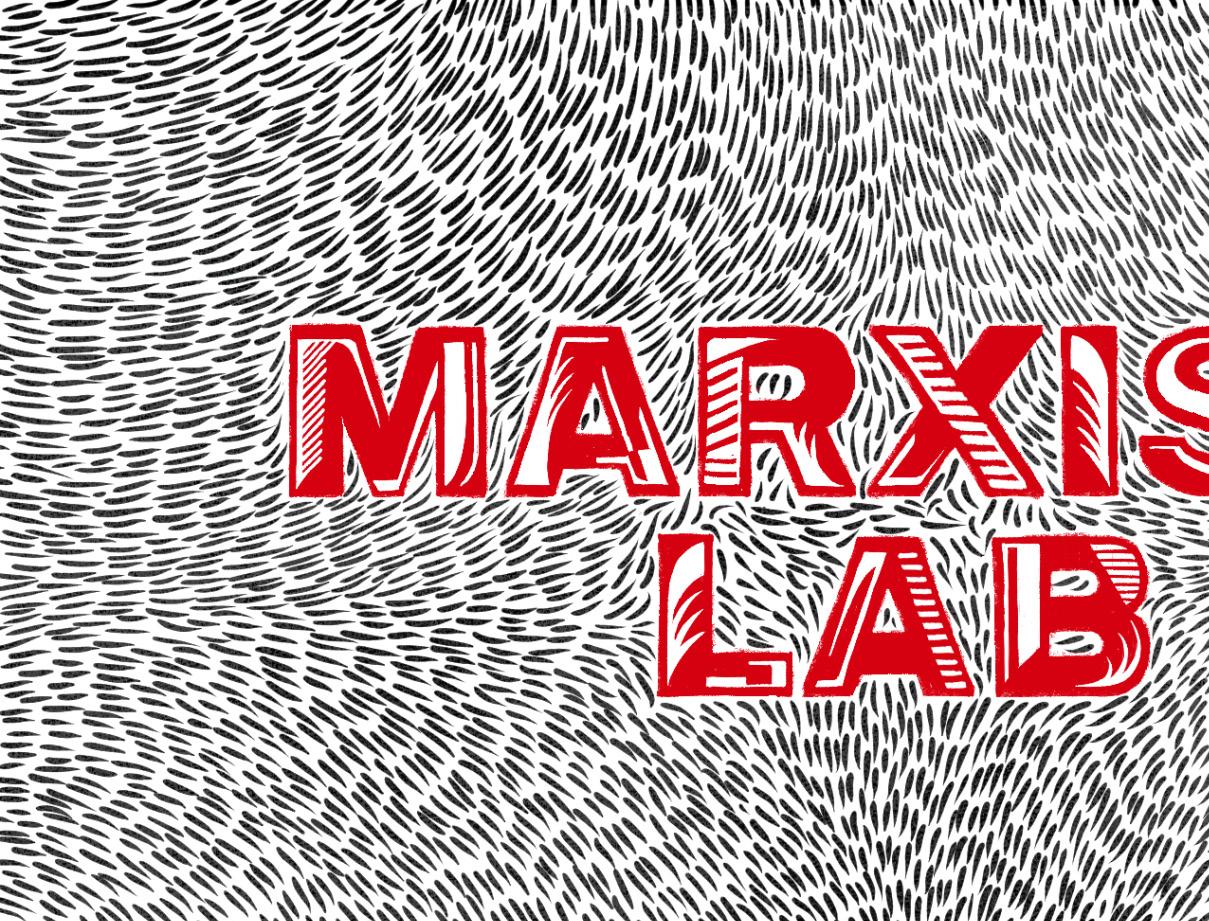
Adesewa Ojo Gavin Arnall
• Compiled a bibliography of classic and contemporary texts within and around the Black Marxist tradition
• Met with Justin Joque to discuss data visualization and surveillance
Extractivism digs into and draws from earth and its communities. In recent years, a broader understanding of extractive relations has emerged, one that includes but is not limited to the wresting of minerals from mines. The concept has come to address extraction’s intertwinement with questions of environment, labor, the state, capital, and community–especially Indigenous community–life. Our research cluster seeks to draw transregional and transtemporal connections between theorists, activists, artists, and social movements grappling with and organizing against new and old forms of natural resource exploitation, colonial plunder, and statist developmentalism. Likewise, the cluster aims to trace how extractive practices and resistance to said practices are thought within growing and popular discourses on materiality and the global production, consumption, and circulation of commodities.
Gavin Arnall
Rosa Glaessner Novak
• Compiled an extensive list of texts on extractivism with the intention of making it an open resource in the future
• Advanced in conceptualizing our key term
• Experimented with visual representations of the movements, texts, and artistic production pertaining to antiextractivist activism
Since 2016, international feminist strikes have been haunting, challenging, and expanding the conception of labor, and labor movements. But what are “feminist strikes?” How are they different from other strikes? What socio-economic and political interventions have they brought to workingclass movements? What “hidden abode” of production and reproduction of capitalism do they excavate? The Feminisms and Strikes research cluster seeks to investigate what is new, and what is historically inherited and/or reworked about these strikes. Exploring the work of theorists, artists, and social movements, the ultimate goal of this cluster is to render feminist strikes visible through experimental audiovisual techniques. Through the production of a video essay, the cluster will compile archival footage written through sight and sound to highlight the importance of voice, silence, image, and movement in what we will come to outline as “feminist” strikes.

Anna Brotman-Krass
Maria Laura Martinelli
Elena Martínez-Acacio
Garima Panwar
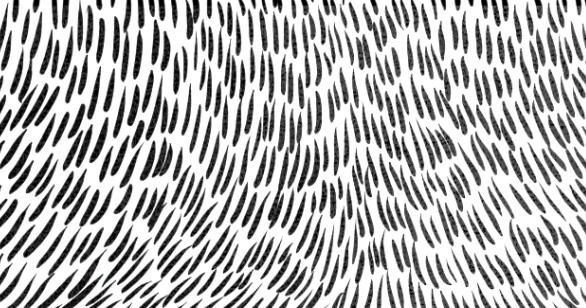
• Submitted a proposal that was accepted of our definition of huelga feminista (feminist strike) to the Diccionario de Intraducibles: género, sexualidad, sexo-disidencias y feminismos en América Latina y el Caribe
• Compiled bibliographic archive of relevant literature and research on strikes and protests that espouse feminist struggle
• Participated as a cluster in Susana Draper’s (Princeton) workshop at the University of Michigan in winter 2023 (on feminist imaginaries beyond the carceral state)
Our research cluster seeks to investigate the tension between the common and private property in Latin American literature. The common, as it was understood by Marx and developed by some Marxist thinkers, is particularly relevant when exploring fictions that emphasize that literature is a collective work on language and ideas–which can also be seen as collective means of production–that is continually being expropriated. Practices of re-writing and plagiarism constitute an evident challenge to literary property–based on the Romantic idea of the “original genius” and the capitalist ideology of possessive individualism–and an affirmation of the common character of language. This cluster also aims to explore the notion and status of the author and the relation between the individual and the social dimensions of writing.
• Invited contributors to a dossier on Marxist interpretations of the relationship between literature, property, and the commons
• Submitted a dossier proposal to Mediations: Journal of the Marxist Literary Group
• Organized a panel for the Annual Conference of the Southwest Council of Latin American Studies (SCOLAS) based on the cluster’s theme with presentations
• Organized a reading group on Pierre Macherey’s book A Theory of Literary Production
Since the late twentieth century, South Korea has stepped up to the position of “sub-empire” within global capitalism. During this time, in South Korean mainstream media and politics, Marxism became either “obsolete” or “pro-DPRK”. Against this backdrop, our research cluster delves into the relevance of Marxism in Korea and the implication of Korean Marxist practices for Marxist theory in general. The cluster fosters conversation on the specificity and universality of Marxist theoretical practices in Korea by translating a selection of texts by Korean Marxists and militants, such as Paek Namun, Park Hyun-chae, and Lee Jin-kyung. Through our translation and writings, the cluster is committed to connecting Korean Marxism with a global Marxist critique of capitalism beyond the dichotomy of Eurocentric universalism and nationalist provincialism.
• Met regularly to collectively translate key texts
• Completed a translation into English of Park Hyun-chae’s essay on dependency theory and its limits
• Received a grant from the Nam Center for Korean Studies to edit the translated essay
Youngkyun Choi
Sunhong Kim
Kaeun Park
Dongkyu Yeom
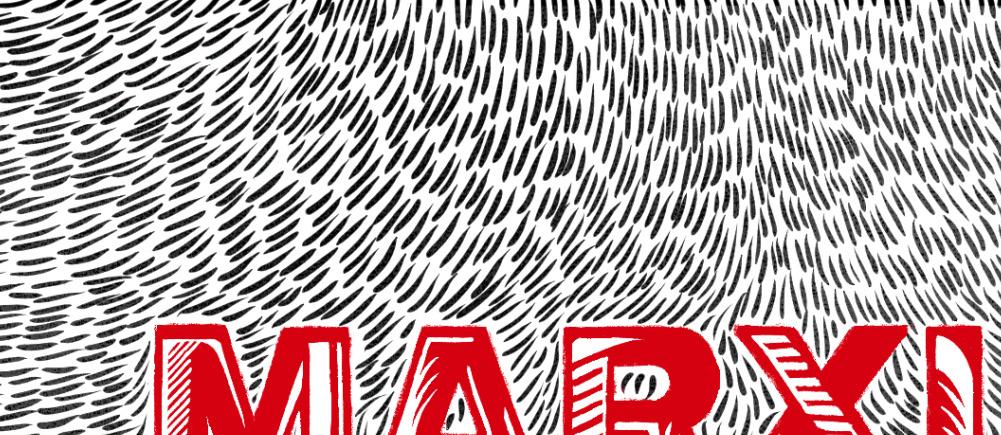
Over the past few years, the proliferation of resonant literature produced by women authors in Latin America has sparked increasing interest among both the general public and literary scholars. This cluster studies contemporary works by emerging women writers and the various ways in which they reimagine literary creation and expand current critical horizons. Through public-oriented research and discussion, we seek to better understand how the rigid foundations of the patriarchal canon and traditional literary institutional practices have eroded, as well as how new forms of political imagination have emerged that actively connect to –and stem from– women’s experiences, demands, and concerns across multiple realms of public life.
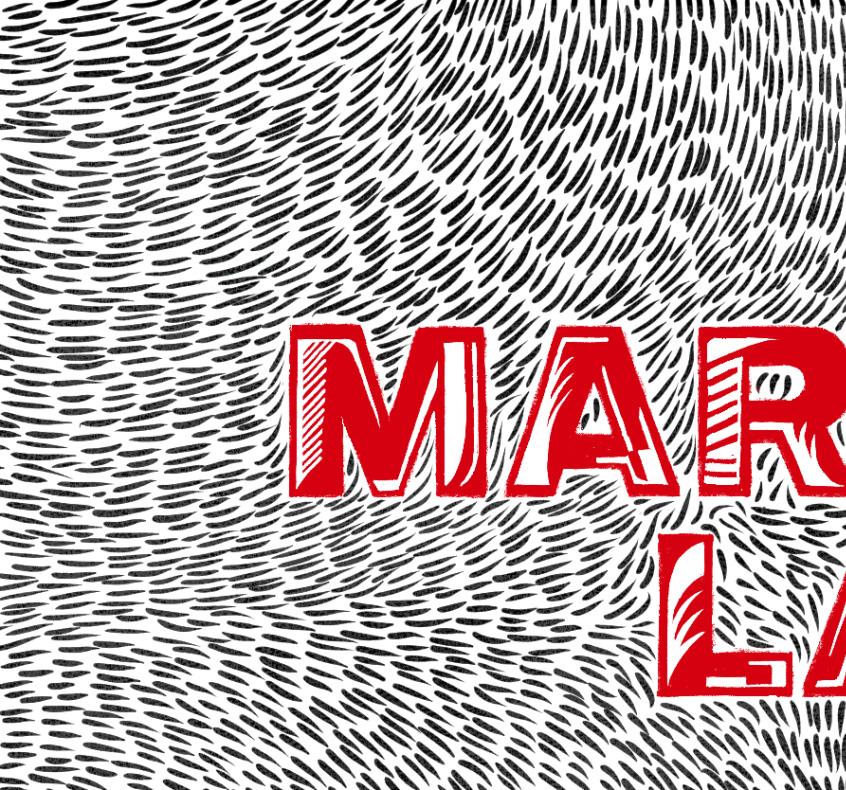
Fernando Valcheff García
Alejandro Mendoza Díaz de León
Micaela Moya
Antonia Alvarado Puchulu
• Transcribed interviews with Agustina Bazterrica, Victoria Tesoriero, Sofía Reitter, and Paula Castiglioni
• Awarded a Tinker Field Research Grant (F. Valcheff García)
• Presented work internationally at multiple conferences (M. Moya, F. Valcheff García)
• Published interview in La Capital newspaper with Cecilia Secreto (F. Valcheff García)
Translating Korean Marxism
To complete a translation of Pak Hyŏnch’ae’s essay, critically engaging with dependency theory
To edit an anthology of translated texts from the Korean Marxist tradition
To transition from functioning as a reading and discussion group into a more productionoriented group
To develop single-authored essays that will inform our collective artistic practices
To submit a co-edited dossier to Mediations: Journal of the Marxist Literary Group
Feminist Strike
To produce a video essay and an accompanying zine on la huelga feminista / feminist strike
To publish an essay defining huelga feminista in el Diccionario de Intraducibles: género, sexualidad, sexodisidencias y feminismos en América Latina y el Caribe
Black Marxism
To develop a research paper analyzing how Black Marxism can intervene in contemporary debates surrounding Blackness and surveillance
To organize a speaker series on Indigenous resistance to extractivism in collaboration with the Center for Latin American and Caribbean Studies
To edit and introduce a special issue on extractivism in the Americas for a peer-reviewed journal
Women’s Writing & Political Imagination in Contemporary Latin America
To publish an essay defining carne in Diccionario de Intraducibles: género, sexualidad, sexodisidencias y feminismos en América Latina y el Caribe
To explore avenues of collaboration with Hablemos, escritoras
Marxism Lab
To develop an undergraduate mentoring program
To hold informal office hours
To launch a summer school
For participating in the Lab’s experiments and in the Lab as experiment.
Arianna Afsari
Prayag Chatha
Amir Fleischmann
Ana Guimarães
Sania Hashmi
Andrew Herman
Sahil Kumar
Olan Munson
Daniel Weaver
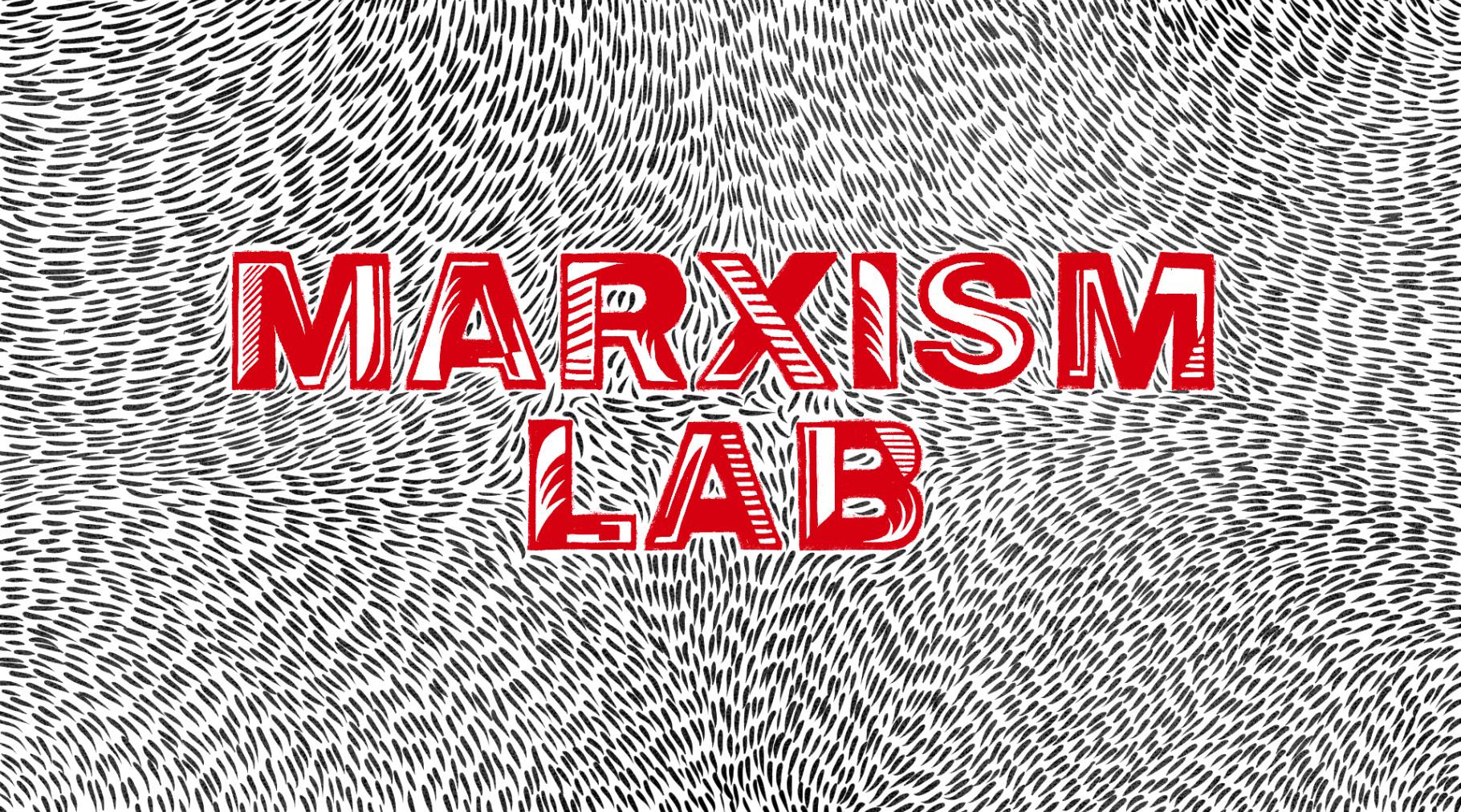
Design by Anna Brotman-Krass